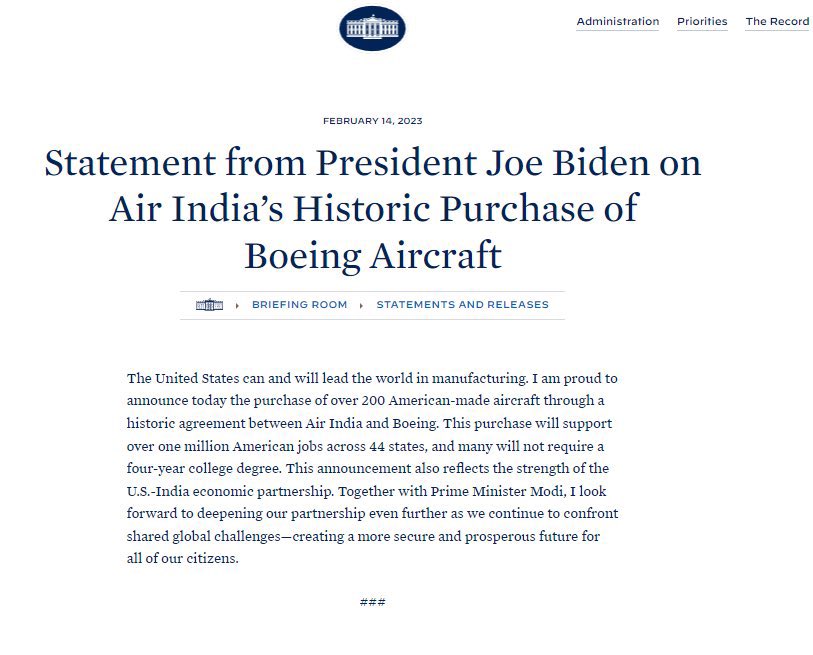
In the US, there's a rising incidence of industrial accidents and construction embarrassments.
Ohio chemical explosion
Airline runway incidents
Failed high speed rail
Fires from mismanaged forests
Million dollar toilets
$300M bus lanes
$3.5B subways
Why is this happening? 🧵
Ohio chemical explosion
Airline runway incidents
Failed high speed rail
Fires from mismanaged forests
Million dollar toilets
$300M bus lanes
$3.5B subways
Why is this happening? 🧵

One answer is that the only type of maintenance that’s even semi-prestigious in American society is software maintenance.
That is, it's not prestigious to be plumber, mechanic, or electrician.
You can make money, but it doesn't have cultural cachet.
And so maintenance suffers.
That is, it's not prestigious to be plumber, mechanic, or electrician.
You can make money, but it doesn't have cultural cachet.
And so maintenance suffers.
This is complicated to discuss because people are in denial about it. But prestige is as much a type of compensation as compensation.
With factory jobs moving overseas & constant repetition of the need for college, the implicit message has been that physical jobs are for losers.
With factory jobs moving overseas & constant repetition of the need for college, the implicit message has been that physical jobs are for losers.
In other societies, including the US society of several decades ago, there was more respect for blue collar workers, for trades, for a hard day's work, and so on.
Indeed, that was arguably a positive side effect of the labor movement — it was un-PC to disrespect physical labor.
Indeed, that was arguably a positive side effect of the labor movement — it was un-PC to disrespect physical labor.
All the graduates of selective US colleges want to work in fields like finance, law, medicine, politics — or software engineering.
This means US elites have taken the physical world for granted for decades, maybe a generation. They aren't thinking about it.
So it rusts.
This means US elites have taken the physical world for granted for decades, maybe a generation. They aren't thinking about it.
So it rusts.
Now, I mentioned software maintenance.
That's the exception.
We all notice if there’s even a little downtime or latency. And executives, engineers, and VCs do lose sleep (and money) over downtime.
So we've put immense effort into monitoring, devops, dashboards, and the like.
That's the exception.
We all notice if there’s even a little downtime or latency. And executives, engineers, and VCs do lose sleep (and money) over downtime.
So we've put immense effort into monitoring, devops, dashboards, and the like.
This suggests a path forward.
Rather than trying to resurrect a vanished past, lean into the future.
Specifically, start thinking about physical maintenance like we do software maintenance.
Dashboards, robots, automation for everything.
Reduce human injury & even involvement.
Rather than trying to resurrect a vanished past, lean into the future.
Specifically, start thinking about physical maintenance like we do software maintenance.
Dashboards, robots, automation for everything.
Reduce human injury & even involvement.
There are of course aspects of software culture that do not translate. You need much more rigorous coding practices when you're dealing with cars and planes.
But tech execs have actually built electric cars (like Tesla) and now supersonic planes (Boom Aero). There's a path here.
But tech execs have actually built electric cars (like Tesla) and now supersonic planes (Boom Aero). There's a path here.
Now, after the invention of tanks, militaries didn't go back to horse-mounted cavalry.
Similarly, we need to figure out a reasonably prestigious role for blue collar workers that isn't just LARPing the 50s.
Maybe it's as simple as hiring them into new firms building things.
Similarly, we need to figure out a reasonably prestigious role for blue collar workers that isn't just LARPing the 50s.
Maybe it's as simple as hiring them into new firms building things.
What about robotics?
It's a huge part of the future (and present), but the fully humanoid robot is still some years out.
For some time we'll still need humans to man the robot factories, and as many have observed it looks like AI disruption starts digital rather than physical.
It's a huge part of the future (and present), but the fully humanoid robot is still some years out.
For some time we'll still need humans to man the robot factories, and as many have observed it looks like AI disruption starts digital rather than physical.
In summary:
Many industrial disasters are happening
Because physical maintenance isn't focused on
Because it isn't prestigious
But software maintenance *is* prestigious
And tech has started building physical products
So maybe there's a white/blue collar rapprochement there...
Many industrial disasters are happening
Because physical maintenance isn't focused on
Because it isn't prestigious
But software maintenance *is* prestigious
And tech has started building physical products
So maybe there's a white/blue collar rapprochement there...
TLDR: It's Also Time To Maintain
...though that may mean building new systems set up for software-oriented maintenance by tech execs, as opposed to relying on a failed state to fix things.
See also @pmarca's essay of a few years ago: a16z.com/2020/04/18/its…
...though that may mean building new systems set up for software-oriented maintenance by tech execs, as opposed to relying on a failed state to fix things.
See also @pmarca's essay of a few years ago: a16z.com/2020/04/18/its…
• • •
Missing some Tweet in this thread? You can try to
force a refresh







